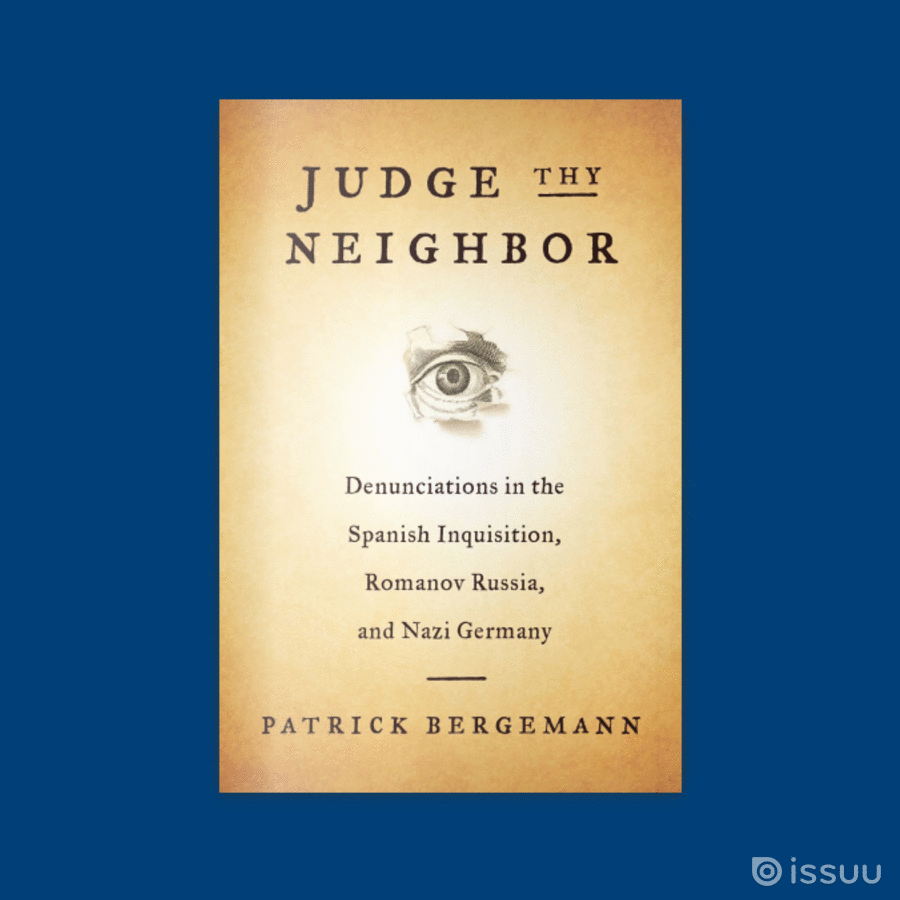The Importance of Ernst Tugendhat: An Interview with Santiago Zabala
 Ernst Tugendhat, has become in the words of Richard Rorty, a philosopher, who “built bridges between continents and between centuries.” Admirers of Tugendhat, Rorty among them, point to his ability to move beyond the continental/analytic divide that has characterized and at times hindered contemporary philosophical discourse.
Ernst Tugendhat, has become in the words of Richard Rorty, a philosopher, who “built bridges between continents and between centuries.” Admirers of Tugendhat, Rorty among them, point to his ability to move beyond the continental/analytic divide that has characterized and at times hindered contemporary philosophical discourse.
Ernst Tugendhat’s life—he was one of Heidegger’s last students—and the importance of his philosophy is the subject of Santiago Zabala’s new work The Hermeneutic Nature of Analytic Philosophy: A Study of Ernst Tugendhat, which includes a foreword by Gianni Vattimo.
We recently interviewed Santiago Zabala about the book and Tugendhat’s influence on contemporary philosophy (see excerpt below). For more on Tugendhat you can also read an interview from signandsight.com and Tugendhat’s article Whom to Thank?
From the interview with Santiago Zabala:
Question: Why is a study on Tugendhat necessary today, and what does his work add to contemporary philosophical discussions? What is unique in his work that bridges continental and analytic philosophy?
Santiago Zabala: A study on Tugendhat is necessary not only because there is no other but most of all because it demonstrates that the analytical/continental division does not condition philosophy anymore. If Tugendhat has been ignored until now it is because this division was strong enough to hide those philosophers that were able to fuse together the linguistic turn and the end of metaphysics. Today we have philosophers such as H. Putnam, R. B. Pippin, C. G. Prado, Robert Brandom, Barry Allen, and Samuel C. Wheeler III who overcame this division by talking with both sides. This, in a way, is what both Rorty and Tugendhat started more than twenty years ago. Two things distinguish Tugendhat: first, his ability to show how Heidegger’s ontological questions can find a response in formal semantics and, second, the fundamental hermeneutic nature of analytic philosophy.
(read the entire interview)


